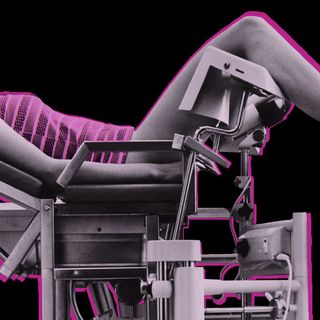Body image issues in children is usually associated with the adolescent years, but it can actually start much earlier, suggests a new study from the University of Melbourne, where researchers have found a link between body confidence and hormones levels in children as young as 8 years old.
Published in the Journal of Adolescence Health, the study involved more than 1,100 8- and 9-year-old boys and girls. Researchers measured the children’s levels of hormones associated with puberty. They also assessed children’s body image using a standardized set of child silhouettes of various sizes, from very thin to very obese. The kids were then asked to pick a silhouette they felt was the ideal body size. They were also asked to pick a silhouette they felt represented their own body size.
Hughes’ team found girls were more likely than boys to have body confidence issues, but boys with higher hormone levels often expressed a negative body image, too.
“What we have learnt is that pre-pubescent children, as young as eight and nine, are vulnerable to poor body image and the dissatisfaction does appear to be linked to hormone levels associated with the onset of puberty,” says lead author Elizabeth Hughes, PhD, from the Murdoch Children’s Research Institute (MCRI) and the University of Melbourne. “Basically the higher the level of hormones, the more unhappy the children were with their body size; however children with heightened levels of hormones also tend to be taller and heavier than their peers, and this could be the cause of their poor body image.”
Around the world, the age at which puberty begins is skewing younger and younger. A variety of reasons are behind this, but one primary factor is body mass index. Studies, including some in India, have found overweight or obese kids are more likely to begin puberty at a younger age.
The effects of a negative body image at such an early age can be low self-esteem, says Hughes.
“There may be a need for community and school programs that help young people learn about what underpins good self-esteem, because self-esteem is not solely invested in physical appearance,” says Hughes.
Related:




